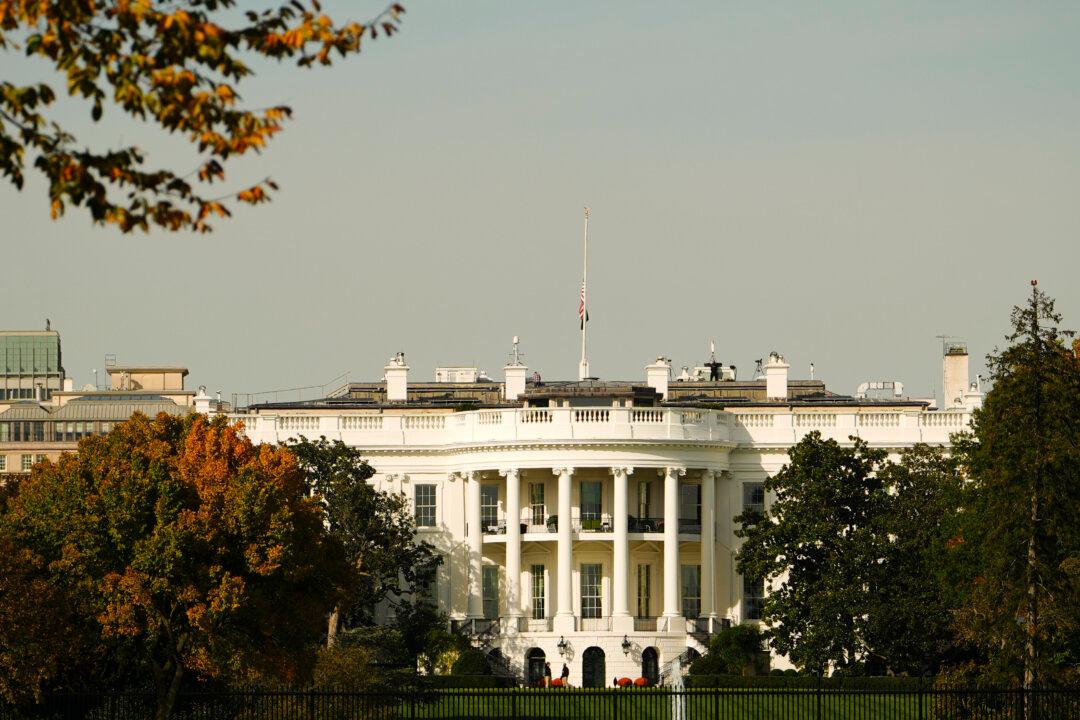The White House has said President Joe Biden could veto two Republican-backed appropriations bills proposing billions in budget cuts on multiple federal agencies due to come up for a vote this week.
The president can use veto powers to stop a bill passed by Congress from becoming law. However, Congress can override the president’s veto with a two-thirds vote in both chambers.





